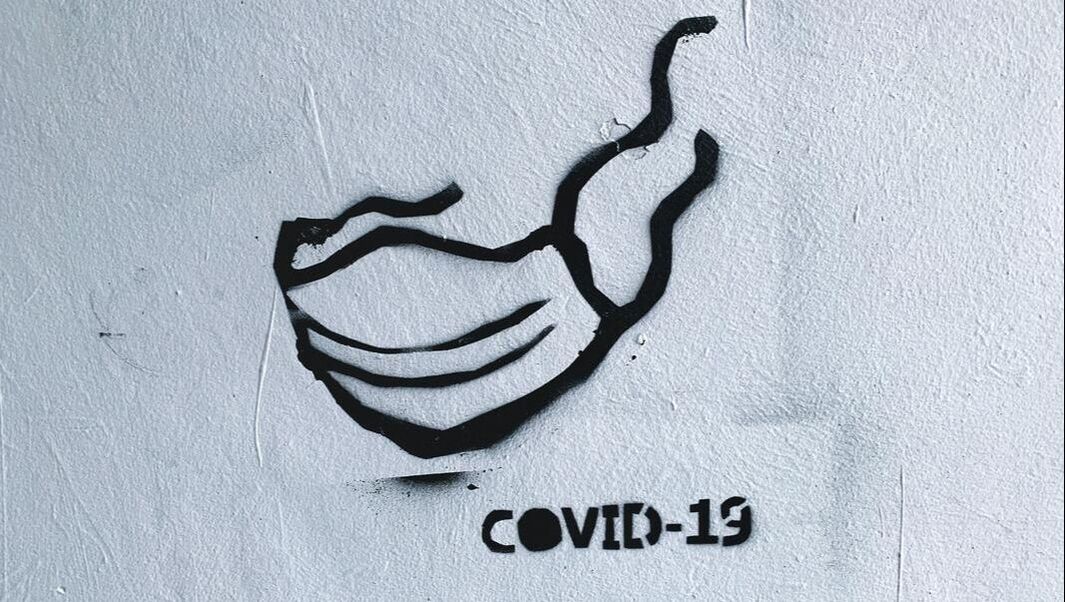|
In 1990, in a case called Employment Division v. Smith, the Supreme Court famously held that the government can substantially burden religious beliefs and exercise as long as it does so in a way that is both neutral and generally applicable. In the intervening years, the lower courts have struggled to define what makes a law generally applicable. Is a law generally applicable, for example, if it allows some secular exemptions? What about an administrative rule that targets and forbids religious conduct, while permitting otherwise identical secular conduct? The Supreme Court has a chance to answer that latter question in a case now pending before it, Dr. A. v. Hochul.
The case originated in New York. The state issued a mandate for all healthcare workers to be vaccinated against Covid-19. It provided exemptions to healthcare workers who sought medical accommodations, but denied all requests for religious accommodations. After firing healthcare workers with religious objections to the vaccine, it cut them off from any access to unemployment benefits. Remarkably, the Second Circuit Court of Appeals held that the vaccine mandate was generally applicable despite the fact that it allows for medical exemptions. How could this be? It isn’t like the risk of transmission is any lower for those who are unvaccinated for medical reasons than it is for those who are unvaccinated for religious reasons. And both groups seek the same accommodation—the ability to keep their jobs despite their vaccination status. To us, it seems clear that the Second Circuit got things wrong. A law that applies differently to religious objectors than it does to medical objectors is, by definition, not generally applicable. And as Justice Kavanaugh explained just last year, a law fails Smith’s requirement of general applicability if a “single secular analog is not regulated.” A majority of the Justices in Tandon v. Newsom, a case heard on the Court’s expedited emergency docket, made things just as clear: heightened judicial scrutiny dooms a law if “any comparable secular activity” is treated “more favorably than religious exercise.” Because the Second Circuit allowed the New York mandate to treat going to work unvaccinated for medical purposes differently than going to work unvaccinated for religious reasons, the Second Circuit departed from Tandon’s clear guidance. Protect The 1st urges the Supreme Court to take up this case to clear up that misapplication of the law and to make Tandon’s rule clear in a case in the normal course, with full briefing and oral argument. The Court should take this opportunity to apply serious constitutional scrutiny to New York’s selectively applicable vaccine mandate. Comments are closed.
|
Archives
June 2024
Categories
All
|
ABOUT |
ISSUES |
TAKE ACTION |



 RSS Feed
RSS Feed